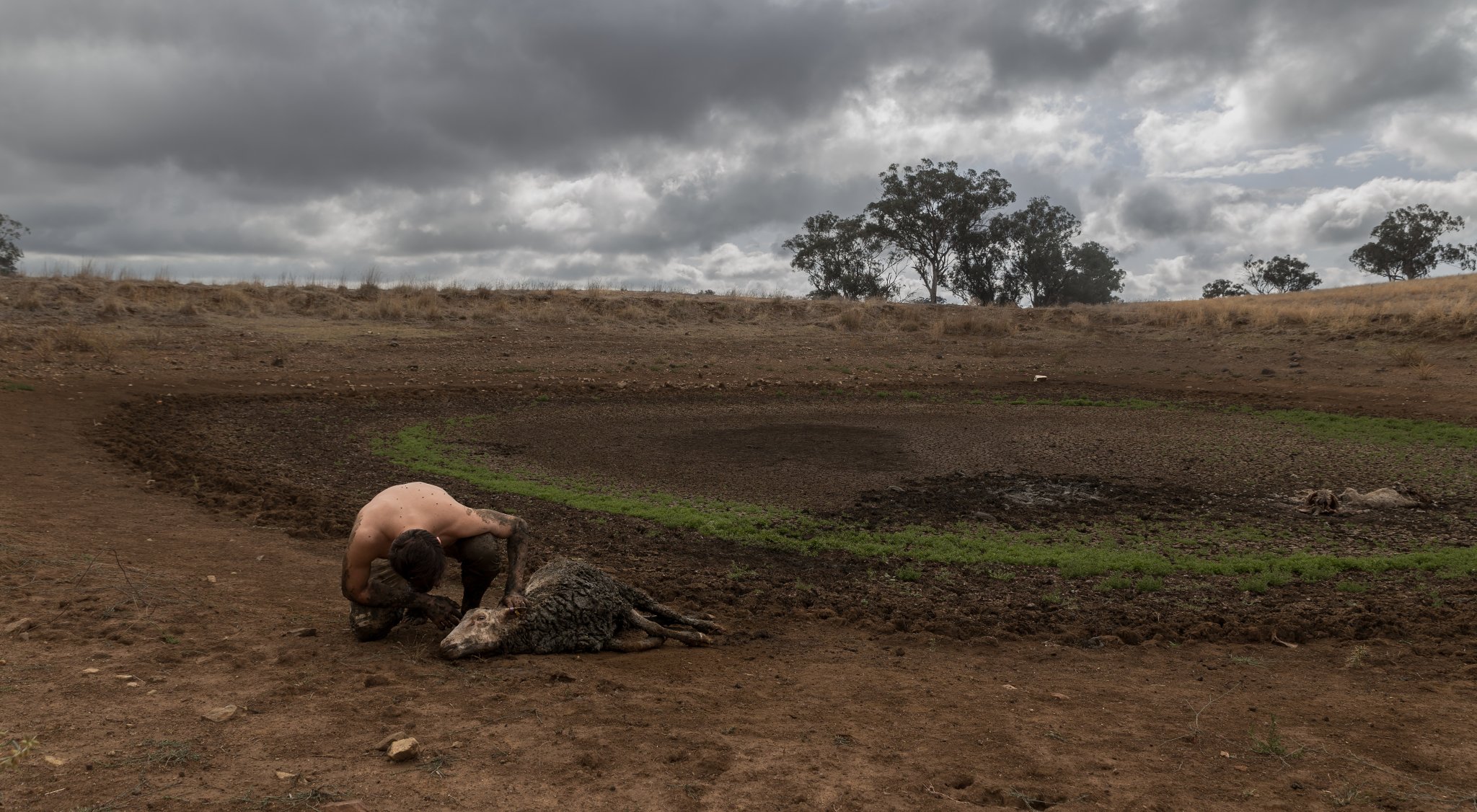

When the International Panel on Climate Change published its last dismal forecast in 2014, it focused on the risks in years to come. Now that future is already here. A new 3,675 page-long report released by the IPCC today gives a detailed look at how the world has already destabilized—and how it will continue to do so until drastic action is taken.
“Today’s IPCC report is an atlas of human suffering and a damning indictment of failed climate leadership,” United Nations Secretary-General Antonio Guterres said in a statement. “With fact upon fact, this report reveals how people and the planet are getting clobbered by climate change.”
Currently, average global temperatures stand at about 1.09 degrees Celsius above pre-industrial levels. The Paris Agreement, which was signed by 174 countries and the European Union, aims to keep that rise under 1.5 degrees Celsius. At this level, climate change will still have a strong impact on the planet, but not nearly as much as an increase of 2 or 3 degrees. There is some debate on if the world can hit that goal with its current trajectory, and what must be done to stay below the 1.5-degree cap.
[Related: You can’t escape climate change by moving to New Zealand.]
The report, authored by 270 researchers spanning nearly 70 nations, describes how climate change is coming on harder and faster than anyone predicted. Additionally, it advises governments and communities to expand their adaptation strategies to protect increasingly vulnerable landscapes.
Weather extremes have led to increasingly dire scenarios for people across the globe. Between 2010 and 2020, 15 times more people have died from floods, storms, and droughts in the most vulnerable regions of the world, including parts of Africa, South Asia and Central and South America, compared to lower-risk areas. Warmer temperatures are also causing diseases like Lyme, West Nile, and malaria to spread.
Nature is feeling the hurt too, with massive die-outs in various species of trees and corals and all-out extinctions of animals like the golden toad and Bramble Cay melomys. According to the report, around 14 percent of all species are facing a “very high rate of extinction” at the most optimistic heating forecast of 1.5 degrees Celsius. That percentage will at least double if the temperature increases to 3 degrees.
The report further breaks down climate change impacts for every single continent and region. North and South America, for example, will face increasing heat spells, more extreme tropical cyclones, and strong declines in snow cover, glaciers, and permafrost. The entire African continent is already seeing weather anomalies and is likely to experience increasing heat waves both on land and in marine environments throughout the 21st century. Severe coastal flooding due to sea level rise is another consequence.
Additionally, the report dives into the risks for small islands in the Caribbean Sea, Pacific Ocean and Western Indian Ocean, which stand to lose the most as the world veers into climate extremes. These places could still be habitable with 1.5 degrees Celsius warming, according to Adelle Thomas, an adaptation researcher at the University of the Bahamas and co-author on the report. But the effects are irreversible in some aspects.
“The science is quite clear that adaptation cannot prevent all losses and damages. There are just some negative impacts of climate change that we are not able to prevent,” Thomas said at a press conference Sunday.
[Related: What the final COP26 agreement really means.]
Currently, millions of humans are exposed to food and water insecurity. Half of the world already faces water shortages for at least one month out of the year—and depending on the amount of temperature rise, somewhere between 8 to 80 million people will suffer from hunger, mostly in Sub-Saharan Africa, South Asia and Central America. The report even shows that the rate of food growth is slowing because of climate change: A 1.5-degree-Celsius increase would put about 8 percent of the world’s farmland out of use.
“The picture is stark for food systems,” co-author Rachel Bezner Kerr, a professor of global development at Cornell University, said at Sunday’s conference. “No one is left unaffected by climate change.”
The report ends on an eerie note: “Any further delay in concerted anticipatory global action on adaptation and mitigation will miss a brief and rapidly closing window of opportunity to secure a liveable and sustainable future for all.” But its overall message to people is to start preparing for climate change now, and expect more dramatic shifts in less than a lifetime.
“Climate impacts are more intense and more frequent than we thought possible at this stage,” Ani Dasgupta, president and CEO of the World Resources Institute, said in a release. “Still, we continue to burn fossil fuels, cut down trees, eat carbon-intensive foods, and emissions continue to rise.”
The report blasts current climate adaptation strategies as reactive and short sighted. These measures might work now, it notes, but have the potential to cause more harm than good. Sea walls are a common example: They often protect cities from one-off flooding events, but in the long term, hurt natural ecosystems and put people at risk when the infrastructure eventually breaks down.
Instead, the authors say solutions should revolve around “climate resilient development,” which includes a more holistic view of increasing ecological stewardship, education, and inclusion. Band-Aids will no longer make the cut, IPCC Working Group II Co-Chair Debra Roberts said in a release: Society, governments, and the private sector must come together to combine justice and equity with future adaptation developments.
“Yes, things are bad,” co-author Helen Adams of King’s College London told the Associated Press. “but the future depends on us, not the climate.”
